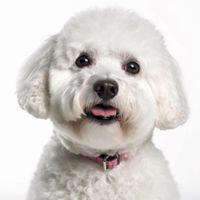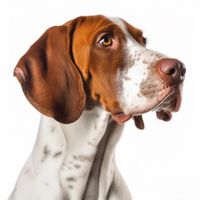Dachshund - vs - Bichon Frise - vs - Pointer
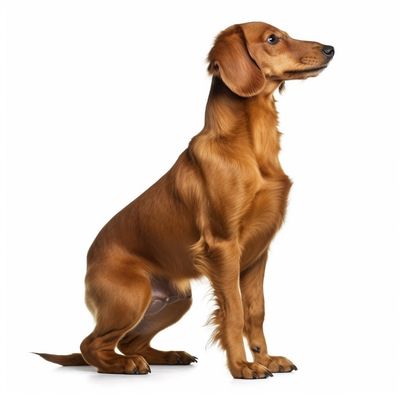
Dachshunds are small dogs, weighing 16-32 lbs for the standard size and 8-11 lbs for the miniature size, with a height of 8-9 inches.
Dachshunds are active and lively but don't require an excessive amount of exercise.
Dachshunds enjoy daily walks and playtime to maintain their physical and mental health.
Dachshunds can be stubborn, but with patience and consistency, they can learn commands and tricks.
Dachshunds are intelligent dogs but can be independent thinkers, which may make training challenging at times.
Dachshunds are adaptable and can thrive in various living situations, including apartments and houses.
Dachshunds can be good with kids, especially when socialized from a young age.
Dachshunds can get along well with other pets when properly socialized.
Dachshunds can tolerate mild cold weather, but they should be protected from extreme cold due to their short legs and low body clearance.
Dachshunds can handle some heat but should be provided with shade, water, and limited time outdoors in high temperatures.
Dachshunds have low shedding, depending on their coat type (smooth, longhaired, or wirehaired).
Grooming needs for Dachshunds depend on their coat type but are generally low maintenance.
Dachshunds tend to bark more frequently and may require consistent training to manage their barking.
Dachshunds may have some health issues, requiring regular veterinary checkups and preventative care.
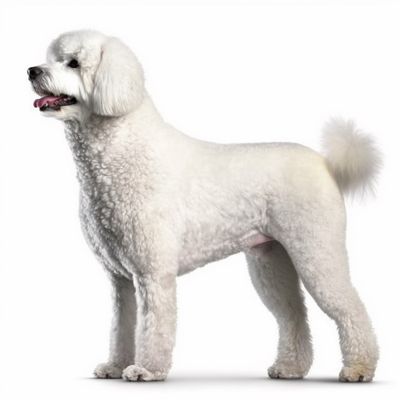
Bichon Frises are small dogs, weighing 10-20 lbs and standing 9.5-11.5 inches tall.
Bichons have a moderate energy level, enjoying playtime and cuddles in equal measure.
Daily exercise, like walks or playtime, keeps Bichons happy and helps prevent boredom.
Bichons are intelligent and trainable, but may require patience and consistency.
Bichons are smart dogs that enjoy learning new commands, tricks, and problem-solving.
Bichons adapt well to various environments, from apartments to larger homes.
Bichons are gentle, playful, and affectionate, making them excellent companions for children.
Bichons generally get along well with other pets, including dogs and cats, when socialized properly.
Bichons can tolerate cold weather, but it's important to provide proper shelter and warmth.
Bichons can handle warm climates, but ensure they have access to shade, water, and avoid excessive exercise.
Bichons have a low-shedding coat, making them a good option for people with allergies.
Bichons require regular grooming to maintain their curly coats, including brushing, trimming, and bathing.
Bichon Frises have average bark tendencies and may bark for various reasons, such as alerting their owners or during playtime.
Bichon Frises are generally healthy dogs but may still require regular veterinary checkups and preventative care.
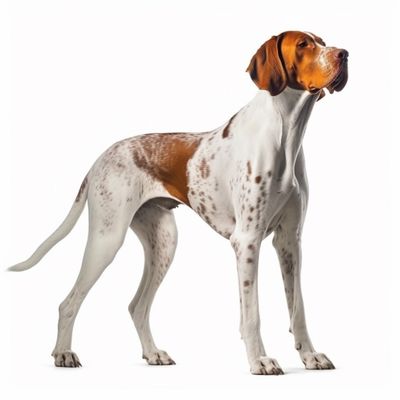
Pointers have a high energy level and require regular physical and mental stimulation to stay happy and healthy.
Pointers need plenty of exercise, including daily walks, runs, and opportunities to participate in activities like hunting or dog sports.
Pointers are intelligent and trainable, but they can be independent thinkers. Consistent, positive reinforcement is key.
Pointers are highly intelligent dogs and excel in various dog sports and activities, especially those involving hunting and scent work.
Pointers can adapt to various living situations, but they thrive in environments where they have space to run and exercise.
Pointers are generally good with children, but their energy and size may be overwhelming for young kids. Proper supervision and training are important.
Pointers can get along well with other pets, especially when raised together. However, their hunting instincts may require caution around smaller animals.
Pointers can tolerate cold weather, but they may need extra protection during extreme cold due to their short coats.
Pointers can tolerate hot climates but need to be monitored for signs of overheating during exercise.
Pointers have a short coat and shed moderately, requiring regular brushing to keep their coats clean and healthy.
Pointers require minimal grooming, including occasional brushing and bathing to keep their coats clean and healthy.
Pointers are generally healthy, but regular veterinary checkups and preventative care are still necessary.


